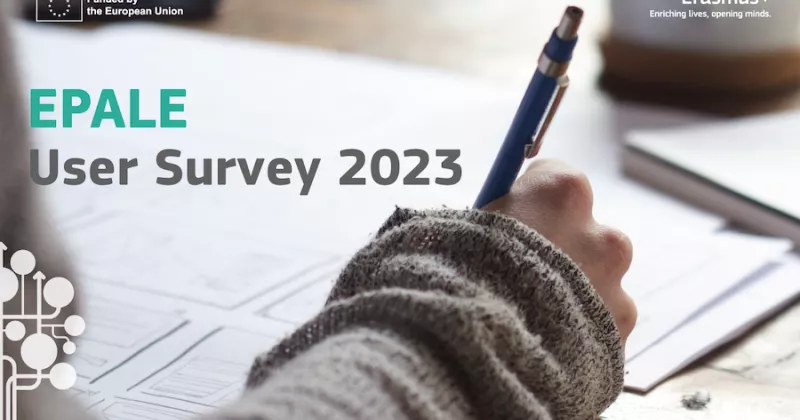Media literacy, why we need it
As confirmed by practice, numerous theorists affirmed/claimed quite a long time ago, although time determinants are always relative, that the influence of the media in recent decades has been more significant and more robust than any religion! This may not be the case in North Korea. The media are part of globalisation, more and more influential as time goes by. Without media support today, it is unthinkable to go to the polls, change governments, organise anything important and meaningful. Until recently, we did not go to wars and peace without the media; we, in the Balkans, know that well, unfortunately! The media is a litmus paper, a trial balloon for all global and local ideas, indispensable for states, corporations, politicians, economies or influential individuals.
The media are certainly not immune to the sophisticated ingenuities of Homo sapiens, who also found a way and a chance to manipulate. This is obviously one of the important strategic ways for us to claim unjustly literally everything. Then, we used to conquer territories. Today, we successfully conquer consciousness and build opinions for individuals and humanity! Not so long ago, although it is also relative, the term fake news appeared in public, and soon the phrase media literacy followed as a reaction.
Why do we place fake news? There are countless reasons - from economic, political and global, to the fact that fake news is placed by those who are bored with life and have fun doing it. I think that, if not psychiatry, then psychology, certainly for a reason, would very seriously "entertain" with the analysis of their behaviour. They are similar to many social pests. Right now, I am just thinking of arsonists, people with partial personality disorder, who experience pleasure by burning forests and later putting out fires. I wonder, what would Freud say?
But let us get back to the importance of media literacy, and we will talk about fake news on another occasion.
All of us who have an interest in knowing what is happening around us, in understanding social, political, economic and all other processes, "call" media literacy in defence. It will help us understand what media manipulations and misinformation are and to separate truth from lies in the sea of unnecessary nonsense, in short.
In the focus of its interests, the European Union is increasingly marking media literacy as a way to fight those who have their "reasons" for placing false news. But, let us not forget, fake news is not here to entertain us. It sometimes influences the choice of a government or a president in the world or our Balkan area, and it increasingly affects how domestic and global problems will be solved. Sometimes peace and lives depend on such people. If they are the "product" of a worldwide, highly sophisticated online war - then the stakes are high, and the danger is growing.
We are also fighting fake news. Montenegro Media Institute, supported by the Ministry of Education, initiated the introduction of media literacy in primary schools, thus enabling students from the school year 2022/2023 to manage the information they receive from the Internet more responsibly with better quality. However, according to the procedure, the National Council for Education has the final word on the initiative for introducing this subject, taking into account the opinion of the Bureau for Education Services.
In this way, Montenegro also joins the ranks of societies that fight against the scourge of today, contributing to the strengthening of the struggle to resist online "wars", which is, unfortunately, more often characteristic of the present time.
How the situation in the world will develop in this regard, no one can tell for sure. Some theorists predict that there will be as much false news as there used to be verified, accurate information. On the other hand, the percentage of valid information will be reduced to a minimum. Either way, time is the wisest; it knows all the answers. Still, we will have to wait.
Author,
Saša Klikovac



